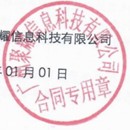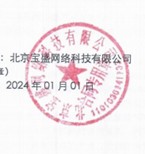Free signup for more
- Track your favorite companies
- Receive email alerts for new filings
- Personalized dashboard of news and more
- Access all data and search results
Content analysis
?| Positive | ||
| Negative | ||
| Uncertain | ||
| Constraining | ||
| Legalese | ||
| Litigous | ||
| Readability |
H.S. junior Avg
|
|
New words:
affirming, Air, appellate, asYituo, CECL, cessation, CITC, CONTINIED, custodian, custody, Dajia, dictate, easily, extortion, Extractive, Fanxing, Guanghua, Haitaoche, Hengchuang, hereunder, Hongen, Huichuan, inadvertently, Jinri, laundering, monopolistic, Oil, oppressively, Peking, Petitioner, pretax, probity, Qucheng, reclassification, renovation, Simplification, societal, Southern, SPC, steady, Toujing, transparency, unaudited, unfairly, unique, upward, vertical, Wanmei, Wu, Xinrong, Xintai, Yun, Yunbei
Removed:
aggregated, Aikuyou, arose, award, brokerage, compensated, conversation, CPP, discounted, enlarge, facility, Fortune, framed, freeze, froze, Guohua, Hainan, implicit, Infinite, invoice, KOL, lessee, Liaocheng, nonprofessional, NYSE, orienting, play, posting, predicted, punitive, reclassified, Relief, rent, residual, restrictive, Shuabao, slightly, split, subsidy, testimonial, Toujiao, updated, upheld, utilizing, Wanda, Wenke, widen, withdraw, worked, wrongfully, Yugang
Filing tables
Filing exhibits
BAOS similar filings
Filing view
External links

